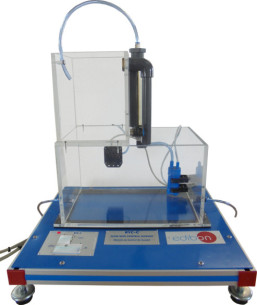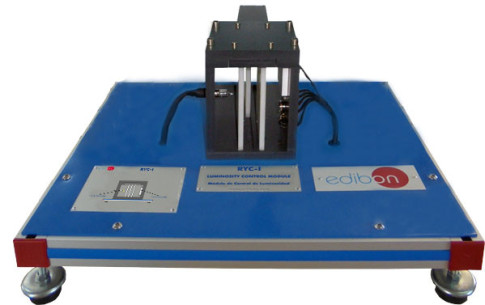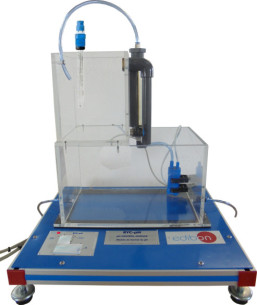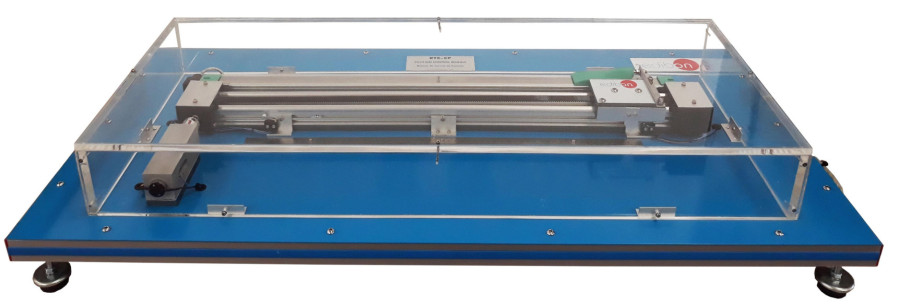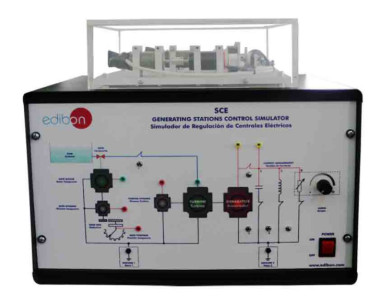FOR FURTHER INFORMATION, CONTACT US
10.1.- THEORETICAL - PRACTICAL FUNDAMENTALS
Automatic control is the branch of engineering that deals with the regulation of the operation of equipment, processes or complete plants, using a set of devices and mechanisms called control system. The open-loop control systems act on the input of the system (actuator) without taking into account the value of the output. However, the operation of the closed-loop systems isbased on the feedback of the parameter to be controlled (controlled variable). In these systems, a sensor measures the corresponding variable and, by means of a controller, the measured value is compared with the desired value (setpoint). Depending on the difference obtained in the comparison (error), an action is carried out on the control variable...
View moreThe classical control theory establishes two important steps when designing a suitable control strategy: the system identification and the control algorithm definition. In the identification process, the most commonly used methods are based on the analysis of the system time response (reaction curve method), the analysis of the frequency response (Bode plot) or on obtaining a mathematical model based on the Laplace transform. Depending on the system model obtained (for example, a first order system, a second order system or an integrator) and the specifications to be fulfilled (a certain peak time in a closed-loop, a certain time constant, etc.), an appropriate control strategy is proposed. The PID control (proportional-integral-derivative) and those strategies based on this type of control (cascade control, multivariable control, feedforward control, selective control, etc.) are the most important ones, together with the phase lead compensators and phase lag compensators.
Due to the advantages provided by the control systems, new identification methods and advanced control algorithms are being studied. Some examples are the ARM, ARMAX and least squares fitting identification methods and the adaptive control, the predictive control and the fuzzy control algorithms.
View Products Cookie preferences
Cookie preferences

